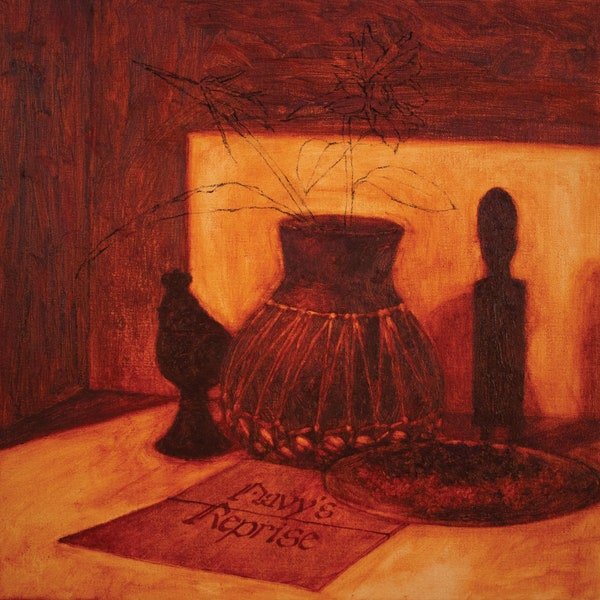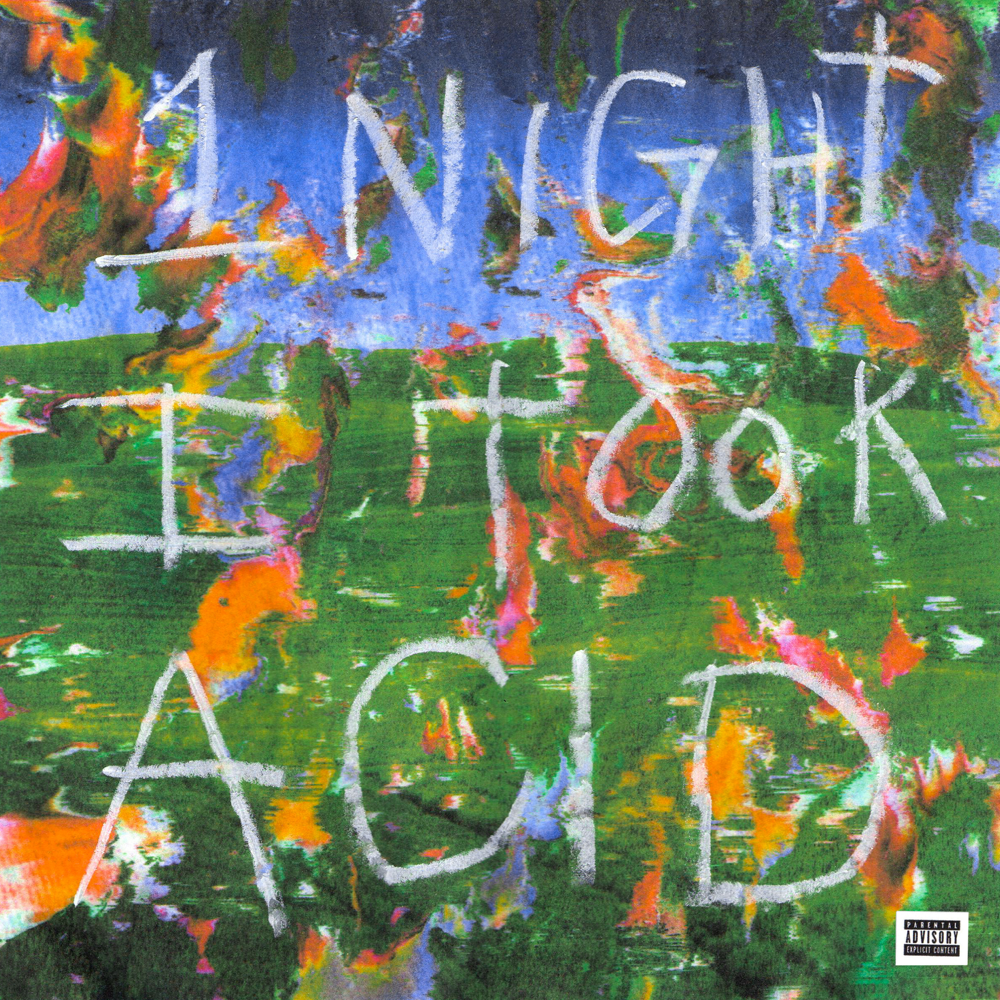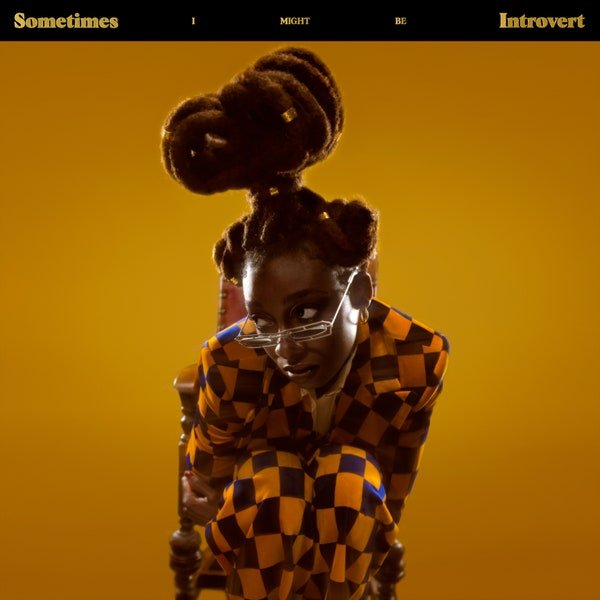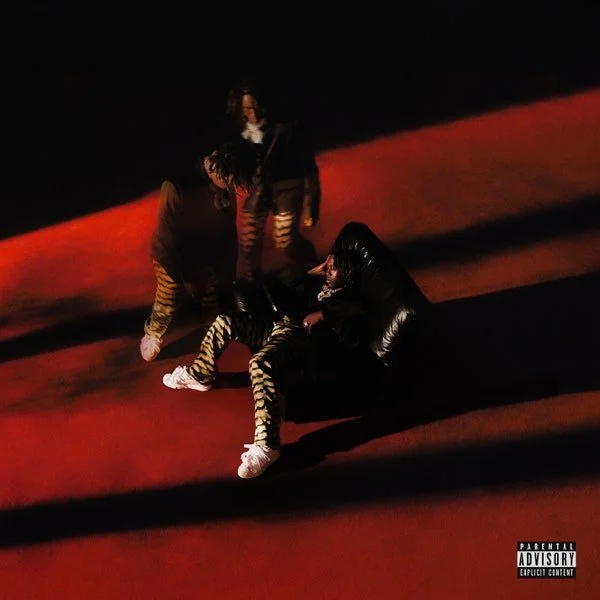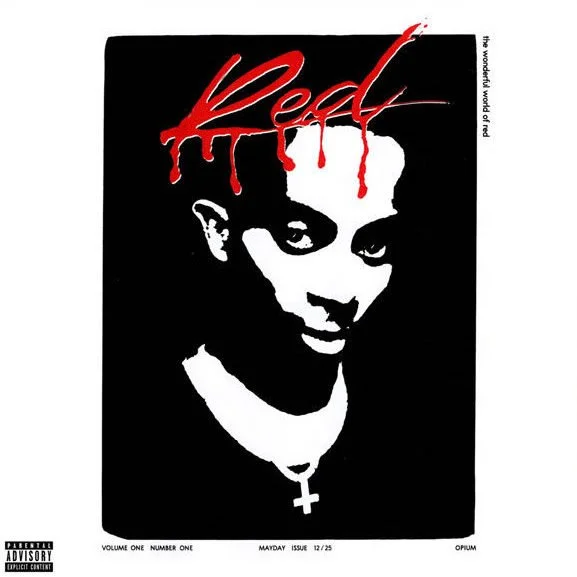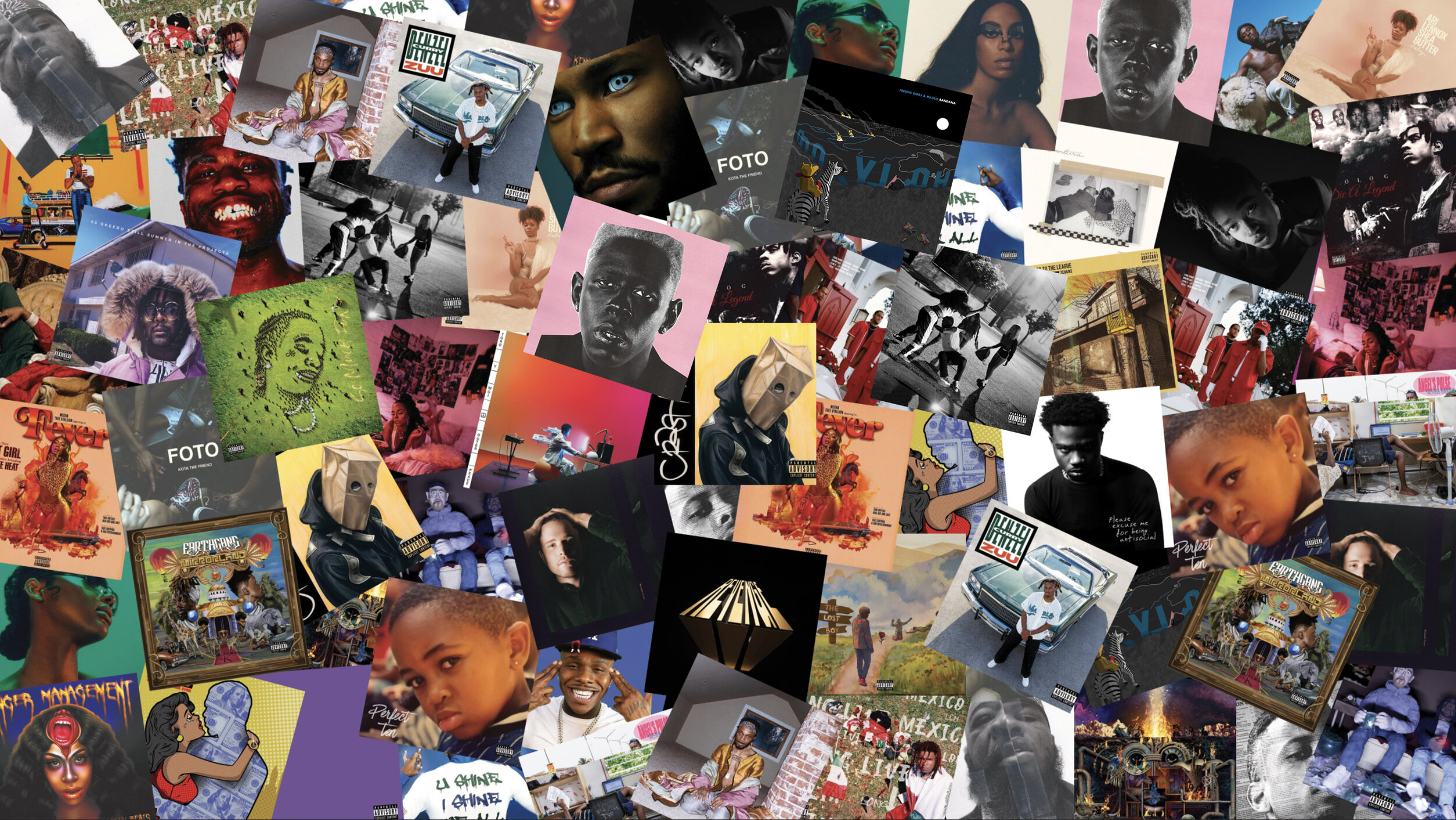From the first seconds of the record's cinematic opener “United in Grief,” it’s clear that Lamar is ready to take yet another step off of the preacher's soap box and shift his musical focus to himself, a journey of inward meditation that began with DAMN. Lamar's dizzying flow accompanied by frantic drums allow Kdot to divulge about his struggles with mental health, the pitfalls of fame and his reliance on religion to get him through a turbulent five years of solidarity. “I went and got me a therapist I can debate all my theories and sharing it, consolidate all my comparisons, Humblin’ up because time is imperative, I’m starting to feel like there’s only one answer to everything,” Lamar raps on the track.
Over the course of his career, Lamar’s discography has been used as an educational reference point in the rap community. Whether he was analyzing African American life and culture on To Pimp a Butterfly, or allowing listeners a glimpse into life in Compton on records like good kid, m.A.A.d city, Lamar’s music sparked meaningful dialogue on topics other than himself. The mirror has been decidedly turned toward Lamar on Mr. Morale and the Big Steppers, allowing the record to be by far his most vulnerable, brave and well-written.
Instead of anointing himself as the leader of a generation as seen on To Pimp a Butterfly, Lamar makes it clear that his flaws, blemishes and vices simply make him a representation of “all of us,” a message plastered across his recent standout single “The Heart Part V” and even his alias for this record: oklama. In the Native American dialect of the Choctaw, “Okla” means people, while the definition of “ma” in the language is utilized when addressing someone, such as “my lord,” leaving the combination of the two to mean “my people.” Tying this motif together is the cover art of the record, showing Lamar sporting an iced-out crown of thorns, a biblical reference to the crucifixion of Jesus Christ. In Christian dogma, Jesus was sent by God as a holy mediator between the heavens and humanity. Christ was both human and God, allowing him to relate to human experiences and identify with all of us. Kendrick is using his God-given ability as an artist to represent humans, their perspectives, insecurities, flaws, and relating to the human condition in a similar vein to Christ. It’s a level of writing, attention to detail and nuanced insight we’ve never seen from the emcee.
Across the rest of the record, Lamar dives deeper into what it means to be of flesh and blood. From his brilliant reframing of childhood trauma and “daddy issues” on tracks like “Father Time” and “Mother | Sober,” poignant and brutally honest representation of the duality love on “We Cry Together” and “Purple Hearts,” to his attack on virtue signaling and idolization of celebrities on “Savior,” Mr. Morale and the Big Steppers is Lamar’s most universally relatable album to date.


































